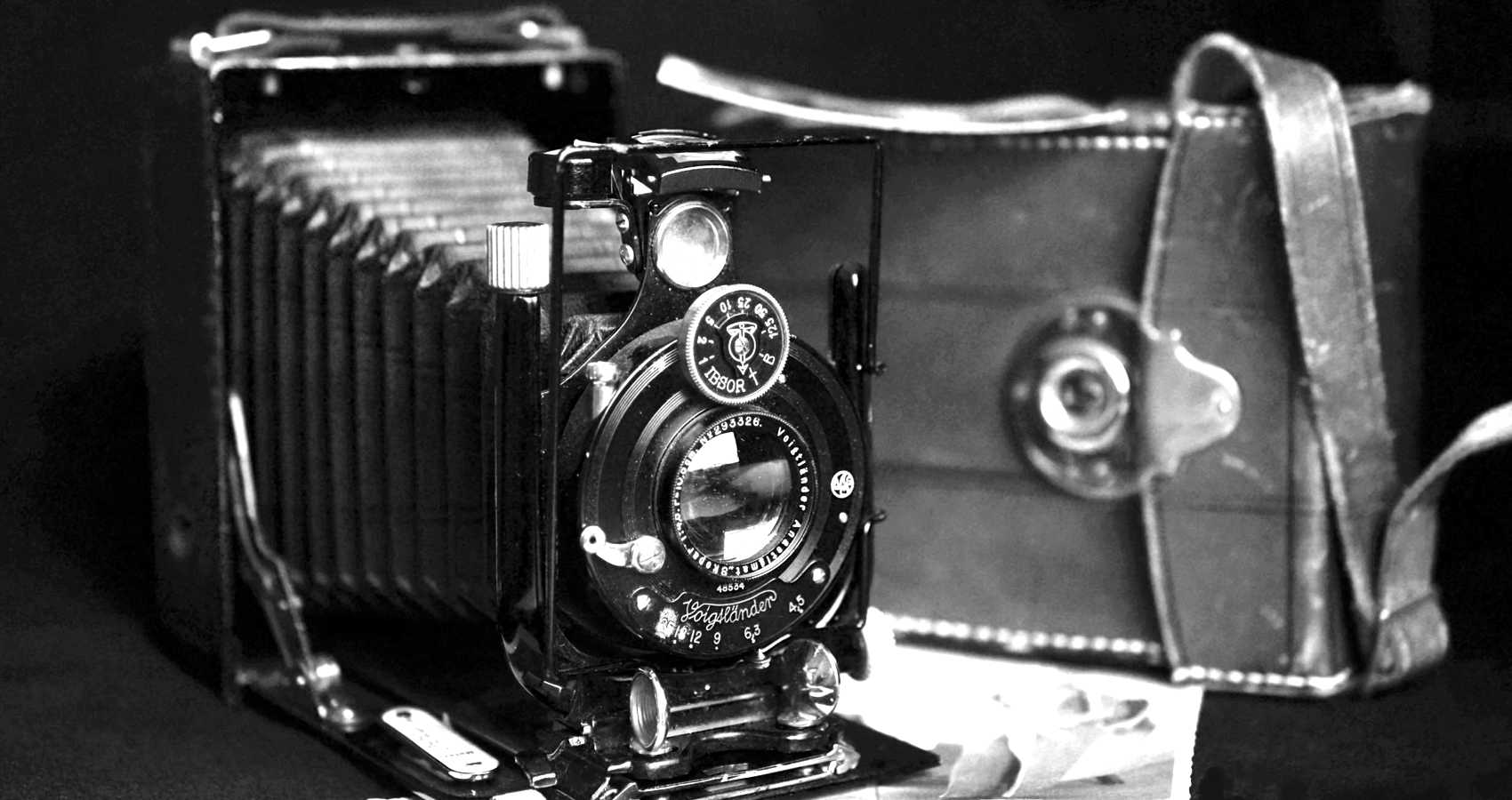1872
written by: Pauline Milner
@PaulineRMilner
When Albert Williams arrived at the door of a residence in the outer boroughs of London, his presence was expected but not welcomed. As he reached the door after mustering his equipment from his buggy, it would open and a voice barely above a whisper would invite him in.
Depending on the size of the home, he was often directed to the parlour or, on occasion, to a bed or sofa in the kitchen area. As it was his profession which brought him to the residence, Albert was adept at setting up his tools with as little disruption as possible.
Today, he was attending the residence of Mr. John Harrison. After being shown to the sitting room, he directed his implements toward a young woman, surely Mr. Harrison’s wife who was resting on the settee holding her newborn son. As he worked, he inquired of Mr. Harrison, “Will it just be Mrs. Harrison and your son?”
Mr. Harrison brought back from the far away stare in his eyes as he looked upon his wife and their son, responded, “Ah. Yes. But I would like to be in the photo.” With this information, Albert set his materials far enough back to accommodate a family photo. He nodded to Mr. Harrison when he was ready.
Mr. Harrison sat on the chair next to his wife and infant son. As Albert looked through the view-finder he considered that Mr. Harrison was young enough to have another family but knew it was more likely that he would grow old as a widower having an ever-aging photo of what might have been.
When finished, Albert gathered up his equipment expeditiously. Before walking toward the door, Albert glanced at the beauty that was Mrs. Harrison’s young hand, now forever still.
Mr. Harrison opened the door for Albert and followed him outside. As Albert got himself situated in his buggy, Mr. Harrison handed him a small satchel containing his payment for services rendered and said, “Thank you for your diligence in attending on such short notice.”
Albert reached for the small pouch. “Certainly, sir. I am sorry for your loss.” Mr. Harrison nodded and turned back toward his house.
As he drove away, Albert tried to shake off the sorrow he always felt when attending to his clientele. In most cases, the deaths were young and unexpected. In others, the results of a disease like consumption spreading through a community.
Riding back to the city, Albert considered, but only for a moment, changing his calling to that of a city photographer, one who attended large family gatherings to take pictures of the celebration. However, he had committed years ago to taking photos of the recently deceased as a post-mortem photographer, for this would always be their last physical attachment to their dear loved ones. Albert, the way he always did, decided that attending when much grief was involved was as important as documenting happier times.
- Watch Your Back - May 17, 2024
- Spotlight On Writers – Pauline Milner - April 6, 2024
- At the Crossroads - December 10, 2023



